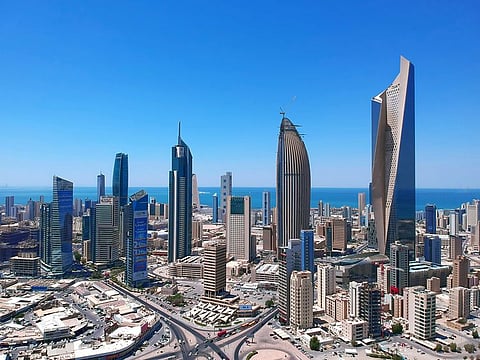Kuwait: Alcohol poisoning tragedy leads to lifesaving organ donations
Kuwait doctors perform transplants stressing donor awareness

Dubai: A deadly wave of alcohol poisoning that claimed 23 lives in Kuwait has also given others a second chance, as doctors confirmed that several victims became organ donors in what specialists described as a rare and remarkable act of lifesaving amid tragedy.
The poisoning, traced to tainted liquor distributed illegally, affected more than 160 people, most of them Asian nationals.
At least 51 required urgent kidney dialysis and 31 needed mechanical ventilation, the Health Ministry said. Police have since arrested 67 suspects accused of producing and distributing the illicit alcohol.
Among those hospitalised, 12 patients were diagnosed as brain-dead, according to Dr Mustafa Al Mousawi, chairman of Kuwait’s Organ Transplant Centre.
Ten families consented to organ donation. From those donors, doctors retrieved 20 kidneys, three hearts, four livers, and two lungs.
“Every organ we recovered was transplanted successfully, except the lungs, which were deemed unfit after testing,” Al Mousawi told state television.
Some of the organs were used in Kuwait, while the livers were sent to Abu Dhabi, as Kuwait’s liver transplant programme is temporarily suspended.
In the past five days alone, Kuwaiti surgeons performed three heart transplants, said Dr Badr Al Ayyad, a cardiac surgery specialist.
The donations come at a time when the country faces growing demand for transplants. Roughly 500 patients are on the kidney waiting list, with wait times stretching up to three years depending on blood type.
While Kuwait has long conducted kidney transplants, efforts to expand to other organs have only recently gained momentum.
Doctors emphasised the need for stronger awareness and education around organ donation. “This is the last chance to do a good deed in this world, a form of ongoing charity,” Al Mousawi said, invoking the Islamic principle of sadaqa jariya. He urged residents to register as donors through the Ministry of Health’s new digital form on the Sahel app.
Religious scholars in Kuwait have backed the practice, with the late Sheikh Ajeel Alnashmi, a prominent Islamic jurist, describing organ donation as one of the highest forms of enduring charity.
“This tragedy has been devastating,” Al Mousawi said, “but it has also allowed lives to be saved, turning loss into a source of hope.”
Sign up for the Daily Briefing
Get the latest news and updates straight to your inbox



